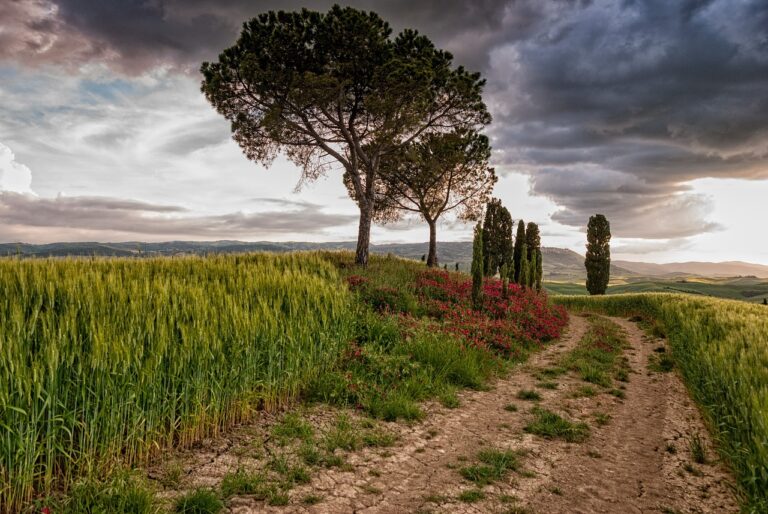The Allure of Sacred Rivers: Spiritual Journeys, Pilgrimages, and Rituals Along Revered Waterways
Dreamexch24, PlayinexchLogin: Rivers have long been revered in different cultures around the world, not just for their physical beauty but also for the spiritual significance they hold. The flowing waters are often seen as symbols of life, renewal, and purification, inspiring a deep sense of awe and connection to something greater than ourselves.
For many people, the presence of a sacred river can evoke feelings of peace, harmony, and profound reverence. The spiritual inspiration drawn from these natural wonders often transcends religious boundaries, uniting individuals in a shared appreciation for the wonders of the natural world.
The Historical Significance of Sacred Rivers in Various Cultures
Sacred rivers hold profound historical significance in various cultures around the world. These revered water bodies are not only sources of physical sustenance but are also deeply intertwined with the spiritual and cultural fabric of the societies that revere them. Ancient texts and scriptures often mention the sacredness of rivers, attributing divine origins and spiritual meanings to their waters.
In many cultures, sacred rivers are believed to possess purifying and healing abilities, both physically and spiritually. The act of bathing or immersing oneself in the sacred waters is considered to cleanse one of sins and impurities, paving the way for spiritual growth and enlightenment. The historical significance of these rivers is not merely confined to religious beliefs but extends to shaping the cultural practices and traditions of the communities that dwell along their banks.
The Role of Sacred Rivers in Religious Practices and Beliefs
Sacred rivers hold a special place in various religious practices and beliefs across different cultures and civilizations. They are often considered as divine entities, embodying purity, spirituality, and renewal. For example, in Hinduism, the Ganges River is revered as a goddess and is believed to have the power to cleanse one’s sins and bestow blessings upon those who bathe in its holy waters.
Moreover, sacred rivers are frequently used as sites for religious rituals, ceremonies, and offerings. Many followers believe that these rituals performed by the shores of sacred rivers can strengthen their spiritual connection with the divine and help them achieve spiritual enlightenment. This deep-rooted significance of sacred rivers in religious practices underscores the strong bond between humans and nature and highlights the role of these natural water bodies as conduits for divine energy and spiritual transformation.
What makes a river sacred in religious beliefs?
Rivers are often considered sacred in religious beliefs due to their perceived connection to the divine, their role in creation myths, and their importance in spiritual practices.
How do sacred rivers inspire spiritual practices?
Sacred rivers provide a source of spiritual inspiration through their natural beauty, the symbolism attached to them, and the rituals and ceremonies performed along their banks.
What is the historical significance of sacred rivers in various cultures?
Sacred rivers have played a significant role in the history and culture of many societies, serving as sites of pilgrimage, sources of sustenance, and symbols of purity and renewal.
How do religious practices involving sacred rivers impact the environment?
Religious practices involving sacred rivers can have both positive and negative impacts on the environment, depending on the beliefs and actions of the worshippers. Efforts are often made to protect and preserve these sacred natural resources.





